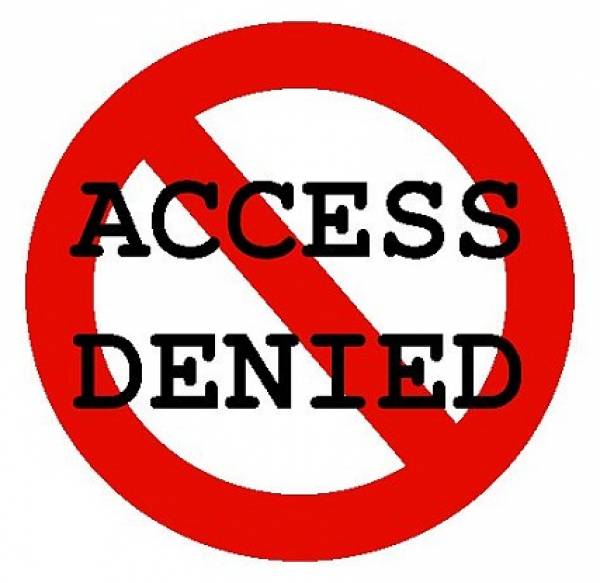Those in New Jersey Border Towns May Not be Able to Gamble Online

ATLANTIC CITY — (Associated Press) - New Jersey is deadly serious about making sure anyone who gambles online once Internet betting begins this week is physically within the state. And the technology designed to ensure it may freeze some bettors out of the action unless they move farther away from the state’s borders.
A key aspect of the law legalizing Internet gambling is that all the activity takes place within New Jersey’s borders. To comply with that, technology companies working with the Atlantic City casinos have erected so-called digital fencing near — but not exactly conforming to — the state’s borders.
The result in some places will be small no-play zones, from which potential gamblers will have to move temporarily if they want to bet online. These include places like the edge of the state’s borders along the Hudson and Delaware rivers, where the fence has been moved an unspecified distance inland to guard against anyone located in New York or Pennsylvania slipping through the safeguards and gambling online in New Jersey.
“Unfortunately for some people, there may not be sufficient verification that they are in New Jersey — even if they are — and they’ll be denied,” said David Rebuck, director of the state Division of Gaming Enforcement. “It’s an unavoidable consequence.”
It is one thing the casinos and their regulators will be paying close attention to when a five-day, invitation-only trial of online gambling begins at 6 p.m. Thursday. If all goes well, the entire state will be allowed to gamble online as of Nov. 26.
The border adjustments are seen as a way to protect the casinos from potential fines if they are found to let anyone gamble illegally. No dollar amounts have been set as potential penalties.
“No one can afford to risk that,” said Tobin Prior, CEO of Ultimate Gaming, which is the Trump Taj Mahal Casino resort’s online partner. “We would err on the side of caution.”
The company also offers online gambling in Nevada, and set up its electronic fence about a mile and a half from the state’s borders, which was not a problem because they are sparsely populated. In New Jersey, however, some of the state’s most densely populated areas lie along the Hudson waterfront, including Jersey City, Hoboken and Weehawken, as well as Camden and Trenton along the Delaware.
Officials of several companies offering so-called geolocation technology would not specify exactly how far their boundaries are from the state’s actual border, but Prior said the no-play zone would be smaller than it is in Nevada. Rebuck said it will vary from provider to provider; someone may be frozen out of one casino’s online site but able to access another’s.
Matt Katz is founder of CAMS LLC, which provides geolocation technology to the Taj Mahal and Trump Plaza, and age verification technology to the Borgata Hotel Casino and Spa. He was asked if the best available technology could, for example, determine whether a player is riding in a car at the base of the Ben Franklin Bridge in Camden, or whether that person had crossed over into Philadelphia — and into off-limits Pennsylvania territory.
“That is the kind of question that keeps me up at night,” he said. “That’s why the providers are giving themselves a margin of error or a buffer zone.”
Rip Gerber, founder of the Locaid geolocation company, agreed.
“That’s the best practice in the industry right now, even though the technology is capable of going right up to the border, because the casinos don’t want to risk a violation,” he said. “People will try to cheat. You know there will be some guy filming himself for YouTube, starting a poker hand in New Jersey on the PATH train and trying to finish it in New York. That’s why I’m giving myself a bit of a buffer zone at the border.”
He and others said they expect technology will be developed soon that can shrink or even eliminate any no-play zones.
A key component — but only one of several used to verify physical locations — is data from wireless carriers. They rely on connections that phones make to the nearest cell tower. While people can easily download applications to their phone that will let it mask its GPS coordinates — users cannot thwart or trick cellphone tower data, tech execs say.
Multiple layers of high technology will also work to ensure that minors or people on casino exclusion lists don’t get online to gamble. Companies will cross-check the information provided by a customer at sign-up against several public and private databases and other sources. That could lead to software asking a personal identifying question that only a legitimate user would be able to answer, Katz said.
What the software can’t prevent is someone legally allowed to gamble logging on, and letting an underage person use the device to gamble. Even so, the money won or lost would still be the responsibility of the adult account holder.















